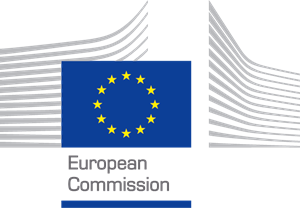The European Commission member states have approved a plan to provide up to €5.2bn in public funding to support research and innovation, first industrial deployment and construction of relevant infrastructure in the hydrogen value chain.
The project, called “IPCEI Hy2Use” was jointly prepared and notified by thirteen Member States: Austria, Belgium, Denmark, Finland, France, Greece, Italy, Netherlands, Poland, Portugal, Slovakia, Spain and Sweden.
The public funding is expected to unlock an additional €7bn in private investments. As part of this IPCEI, 29 companies with activities in one or more member states, including small and medium-sized enterprises and start-ups, will participate in 35 projects.
According to an official news release, IPCEI Hy2Use will cover a wide part of the hydrogen value chain by supporting (i) the construction of hydrogen-related infrastructure, notably large-scale electrolysers and transport infrastructure, for the production, storage and transport of renewable and low-carbon hydrogen; and (ii) the development of innovative and more sustainable technologies for the integration of hydrogen into the industrial processes of multiple sectors, especially those that are more challenging to decarbonise, such as steel, cement and glass. The IPCEI is expected to boost the supply of renewable and low-carbon hydrogen, thereby reducing dependency on the supply of natural gas.
Several projects are expected to be implemented in the near future, with various large-scale electrolysers expected to be operational by 2024-2026 and many of the innovative technologies deployed by 2026-2027. The completion of the overall project is planned for 2036, with timelines varying in function of the project and the companies involved.
Norway, as part of the European Economic Area, also participates to the IPCEI ‘Hy2Use’ with two individual projects. The EFTA Surveillance Authority is in charge of assessing State aid notified by Norway.
IPCEI Hy2Use follows and complements the first IPCEI on the hydrogen value chain, the IPCEI “Hy2Tech”, which the Commission approved on 15 July 2022. While both IPCEIs address the hydrogen value chain, Hy2Use focuses on projects that are not covered by Hy2Tech, namely hydrogen-related infrastructure and hydrogen applications in the industrial sector (while Hy2Tech focuses on end-users in the mobility sector).







